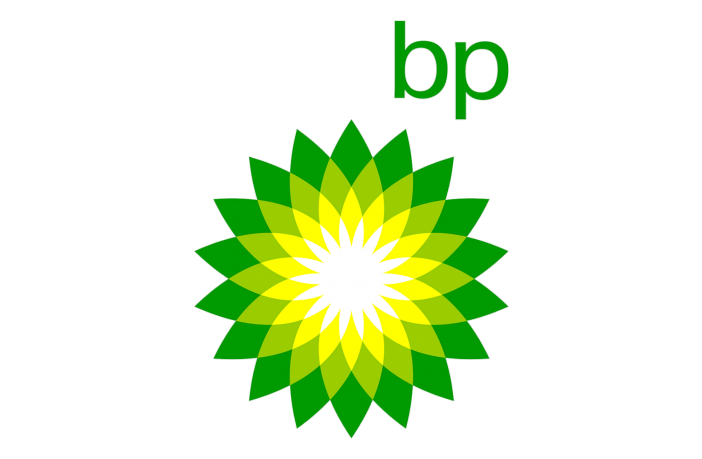- The high court in Pretoria found international oil giant BP guilty on eight charges of building filling stations without environmental approval.
- BP could be liable for fines of R100,000 on each count – plus up to three times the commercial value of the petrol stations it built.
South Africa: The high court in Pretoria this week found the oil giant BP guilty on eight counts of building petrol stations without first obtaining the necessary environmental clearance. The offence is punishable by doing jail time or paying a fine. They will more than likely face the latter.
The judgment is marks the first-ever successful private prosecution of environmental crimes in terms of long-standing legislation designed to enable private individuals and groups to hold environmental criminals to account if the state fails to do so.
BP was indicted private environmental group Uzani Environmental Advocacy, headed by lawyer Gideon (Kallie) Erasmus.
BP argued that Uzani had no right to prosecute it and that Erasmus was out to enrich himself. It also said that it was being put in double jeopardy, because it had already paid civil fines in a “rectification process” commonly used in cases where environmental rules are broken.
The judge found that South Africa’s National Environmental Management Act (Nema) had been written specifically to allow for both civil fines and criminal prosecution. The judge added that the Act was intend to “facilitate, if not encourage” interest groups to pursue environmental criminals – and suggested that the government was failing to do that.
“We have come to the realisation that this metaphoric well which is Earth may, without intervention, become irreversibly poisoned,” Spilg said in his judgment.
“Our environmental laws recognise the need to ensure sustainability. Each of us is affected by activities currently being undertaken that may significantly impact on the environment. Securing protection is therefore no longer the exclusive preserve of those engaged in these activities, nor of an opaque administration or an under-capacitated and potentially inhibited law enforcement agency which cannot claim the number of successful convictions one would have expected despite clear evidence of historic degradation to our environment.”
BP could be liable for fines of R100,000 on each count – plus up to three times the commercial value of the petrol stations it built.
Uzani Environmental Advocacy has pledged to use any such money paid by BP in the form of a fine to set up an incubator for young environmental lawyers and entrepreneurs, as well as a “virtual school for environmental governance, law, and entrepreneurship”.
Uzani has previously disclosed that, in the process of securing the right to privately prosecute BP, it also lined up the right to prosecute some 2,500 similar counts of environmental crimes by various companies.
In a response to the court ruling BP issued the following statement “BP disagrees with the judgement. The legal process is on-going and once finalised we will consider our options.”
Author: Bryan Groenendaal















